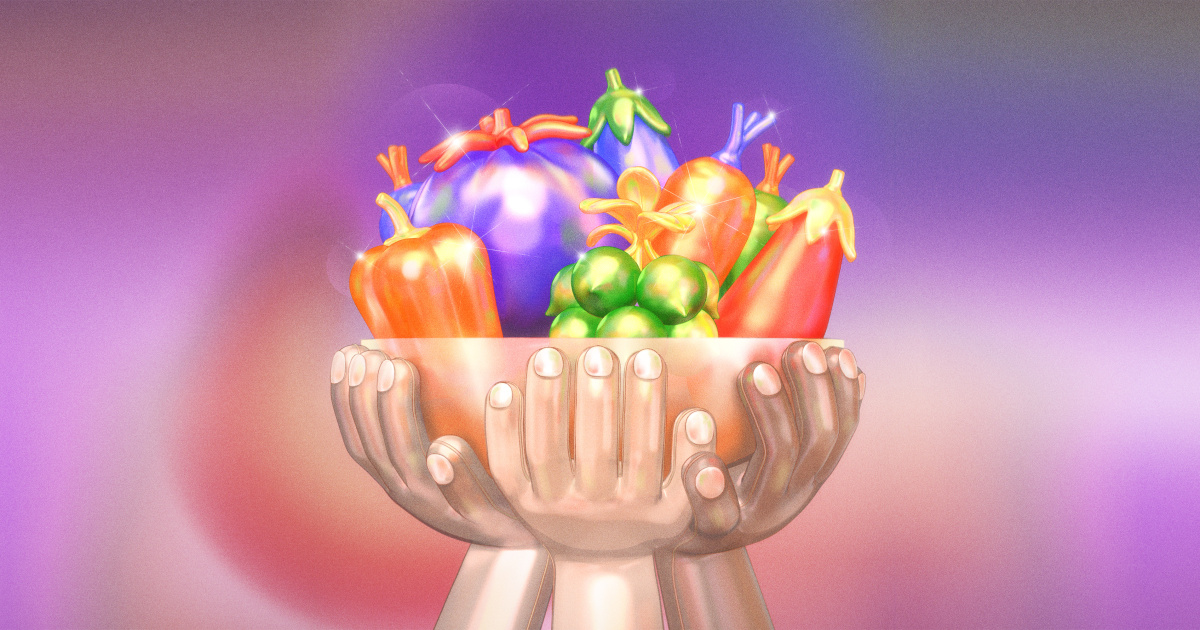 Science & Environment
Science & Environment
When sun poisons you, do this before you are…

Climate change is driving world temperatures to unprecedented levels with countries recording the hottest days of the year, as the UK also witnessed the mercury rising to 32C (degree centigrade).
While sunny and hot days could be fun as people spend most of their time under the sun on beaches and parks to get a skin tan, these high temperatures may also cause harm to health including sun poisoning.
Sun poisoning is caused — a serious inflaming skin condition — when skin is exposed to the ultraviolet (UV) radiation coming from sunlight.
It is not a medically diagnosed disease, but a really bad condition which arises after severe sunburn, but it required medical attention to prevent further damage to the skin, heatstroke and cancer.
Facial swelling is also regarded as the most common symptom of sun poisoning.
A New York-based dermatologist Dr Debra Jaliman said facial swelling can be an allergic reaction to the sun.
“When your body gets too much sun, its immune system reacts by turning the affected area of skin red, which becomes painful,” she told HealthCentral.
Blood vessels enlarge to boost blood flow and accelerate healing, resulting in redness and sometimes swelling.
Symptoms
WebMD noted that there are eight key symptoms that one should know:
- Skin redness and blistering
- Pain and tingling
- Swelling
- Headache
- Fever and chills
- Nausea
- Dizziness
- Dehydration
If you think, while considering the symptoms, that you are suffering from the poisoning, you should consult a doctor who will treat you with cold compresses and intravenous (IV) fluids for dehydration.
Prevention
In the UK, people love sunbathing under the sunlight, however, it is as dangerous as it is enjoying.
According to experts, it may only take 10 minutes to get sunburn, whereas National Health Services (NHS) noted that by following these, you may keep yourself cool in the extreme heat:
- Keep out of the heat if you can.
- If you have to go outside, stay in the shade, especially between 11am and 3pm, wear sunscreen, a hat and light clothes.
- Avoid exercise or activity that makes you hotter.
- Have cold food and drinks, and avoid alcohol, caffeine and hot drinks.
- Have a cool shower or put cool water on your skin or clothes.
- Close windows during the day and open them at night when the temperature outside has gone down.
- Electric fans can help if the temperature is below 35C.










